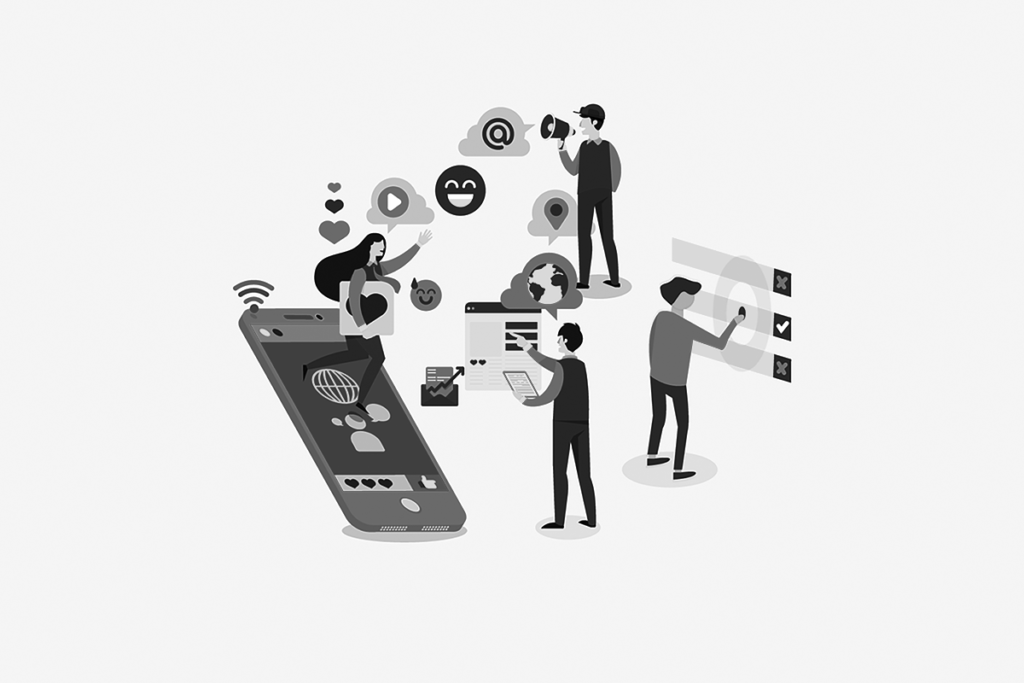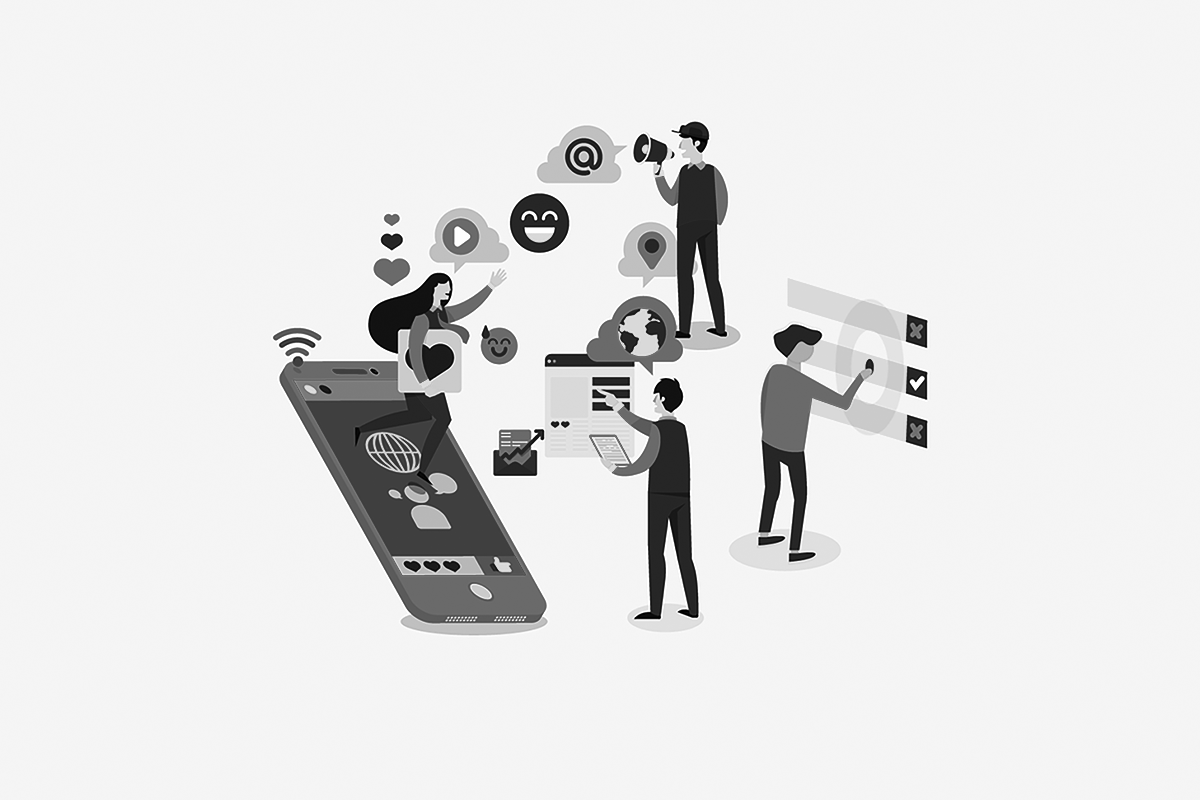By LEO ROBLES
Opinion Editor
Social media has fundamentally reshaped the way people communicate, and one of its most significant impacts has been the increase in criticism across various aspects of society.
The platforms have provided users the ability to voice their opinions, giving rise to a culture where public criticism, whether constructive or destructive, has become more visible, frequent, and influential.
One major reason social media has amplified criticism is the accessibility and immediacy it offers. Before social media, criticism was largely confined to specific forums like letters to the editor, academic journals, or professional reviews, which were filtered and curated.
Today, anyone with an internet connection can publicly comment on nearly any subject or person at any time. This democratization of opinion sharing has allowed those who use to keep their opinion to themselves or in their own group, now have the power to express their opinions directly.
However, the ease of posting has also lowered the threshold for thoughtful criticism, often resulting in impulsive, uninformed, or emotionally charged reactions.
Social media’s design encourages engagement, often rewarding content that generates strong emotional responses, including negative ones.
Platforms like X, Facebook and Instagram are structured to prioritize posts with high engagement shares, likes and comments which often means provocative or controversial opinions to gain visibility.
As a result, users may use negative or dramatic comments to gain attention or increase their own following.
This trend is evident in how outrage and scandal often dominate conversations, overshadowing more civil or positive discussions.
The distance provided by social media also plays a crucial role in increasing criticism. People are more likely to say things online that they would hesitate to express face to face. This allows people to express their discomforts towards extreme critical topics, sometimes crossing the line into personal attacks, memes or cyberbullying.
The psychological barrier of not being in a direct social interaction diminishes empathy, leading to more ruthless and impersonal critiques.
It is debatable whether someone is making an honest opinion, but we forget that it is based on our perspective, and we forget to be empathetic with others.
The role of groups created to point out a specific topic on social media. Users tend to follow and engage with others who share similar beliefs, creating online communities that reinforce their views.
In these environments, creating your opinions are often met with intense criticism, as members feel validated in attacking outsiders or those who challenge the group consensus.
It is difficult to express your opinion when there is a whole group of people whose mindset only goes one way. These situations, often referred to as “cancel culture,” can result in disproportionate consequences for individuals, regardless of the merit of the initial critique.
Social media has blurred the boundaries between public and private life. Celebrities, public figures, and even private individuals are more exposed to scrutiny than ever before.
Posts or statements made years ago can be resurfaced and criticized, often without consideration for context or personal growth.
This has created an environment where people are constantly under the idea of easily judging someone or something no matter the consequences.
While increased criticism can lead to positive outcomes, it also has significant downsides. Constant exposure to harsh or excessive criticism can stifle creativity, provoke anxiety, and create a culture of fear where individuals are reluctant to speak or act freely.
Constructive criticism is valuable for progress, but the barrage of negative commentary on social media often becomes overwhelming, damaging reputations or mental health in the process.
Social media has undoubtedly heightened the frequency and intensity of criticism in modern life. While it provides a platform for voices that were previously marginalized built into these platforms often encourage harmful forms of criticism.
The challenge will be finding ways to share more meaningful and respectful dialogue in a space that often thrives on negativity and outrage.


